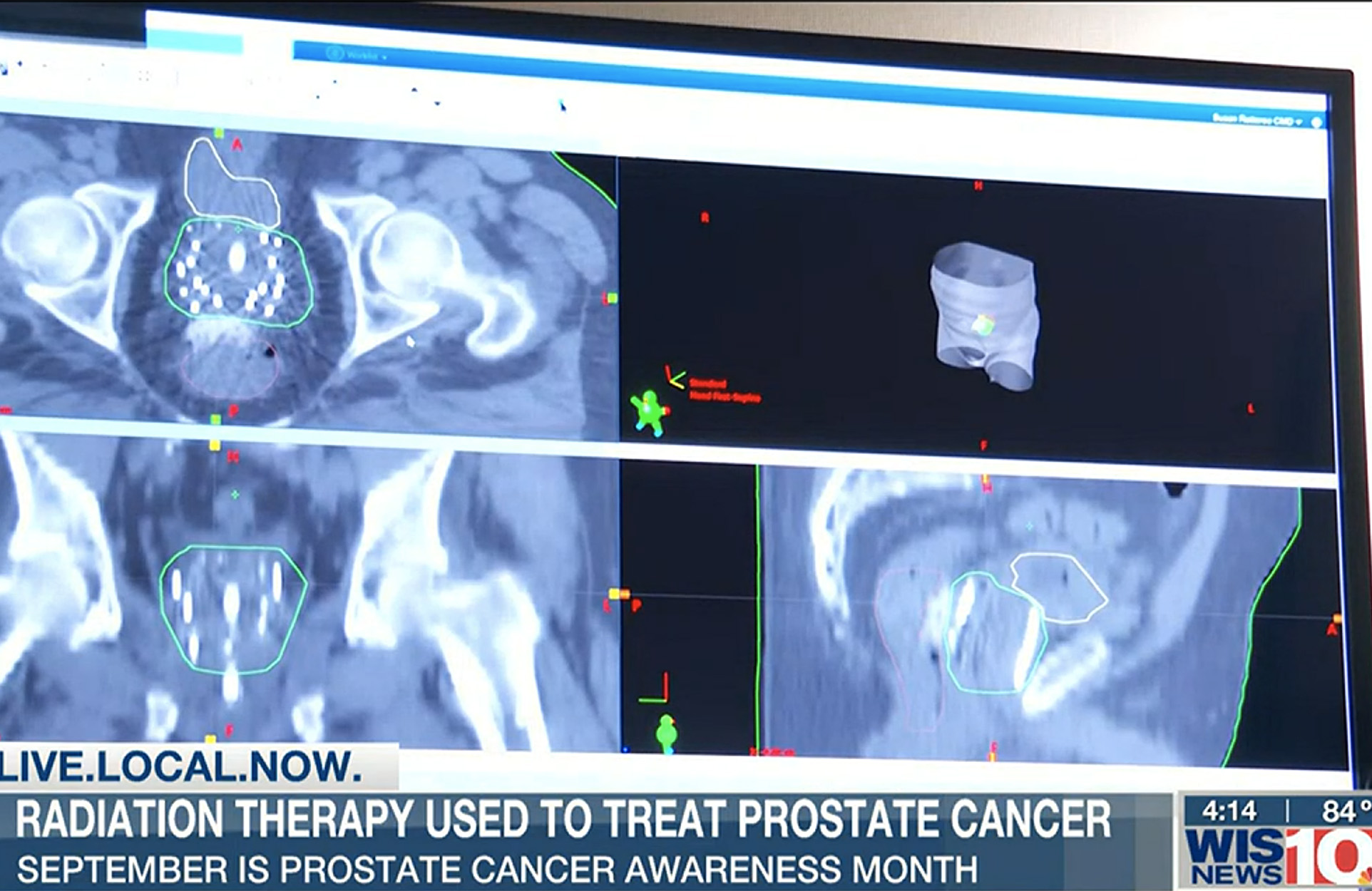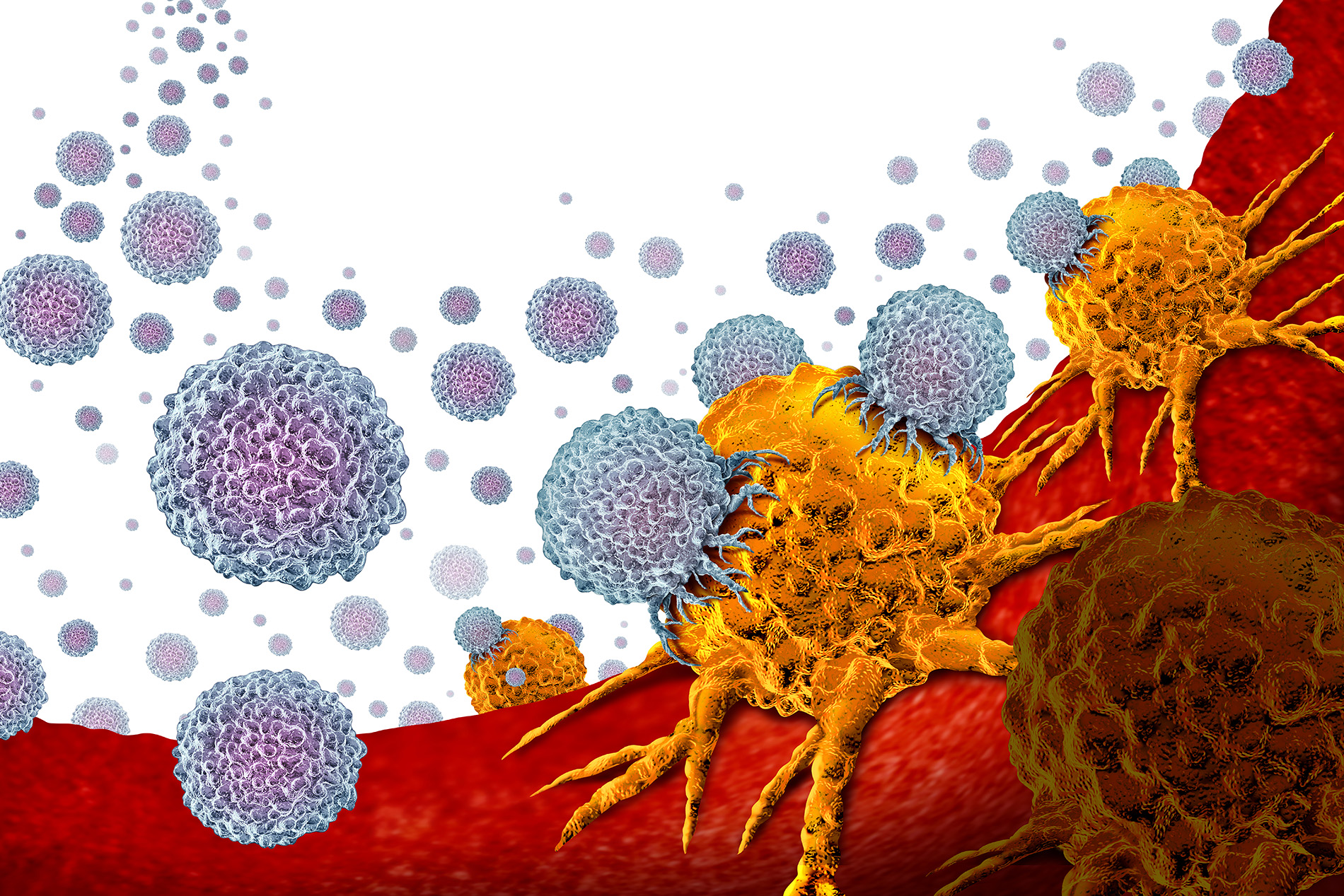Statistics show that about 1 in 100 people in South Carolina will be diagnosed with bladder cancer in their lifetime. The leading risk factor is cigarette smoking. Age and some chemical exposure can also play a role.
If your doctor suspects that you have bladder cancer, he or she will perform a bladder examination called a cystoscopy. And at Lexington Medical Center, Lexington Urology uses a technique called Cysview. In this outpatient procedure, doctors put a substance in the bladder with a catheter that binds to bladder cancer cells. Then, a special blue light technique makes tumors fluoresce so that they're easier to detect.
Dr. Brian Willard of Lexington Urology, a Lexington Medical Center physician practice, talked about the procedure in this WLTX segment.
According to Dr. Willard, the most common symptom of bladder cancer is blood in the urine. Bladder cancer typically starts in the lining of the bladder and can spread into the bladder wall and beyond. Bladder cancer can be deadly if it progresses.
Lexington Urology offers a variety of services in addition to treating bladder cancer including kidney stones, incontinence, pelvic organ prolapse, urinary tract infections and prostate cancer. Visit LexingtonUrology.com.





